Category: News
-
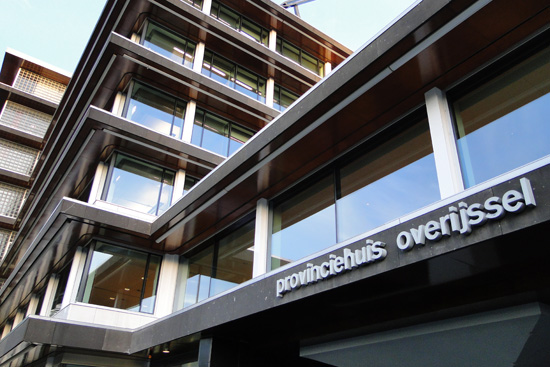
Parliament of Overijssel Recognizes the Armenian Genocide
The Parliament of the Dutch province of Overijssel (The Provincial Parliament of Overijssel) adopted at the meeting of 2 July 2014 a motion which calls against the way in which Turkish organisations on 1 June 2014, have protested against the presence of an Armenian Genocide memorial on private property of the Armenian church in Almelo.…
-
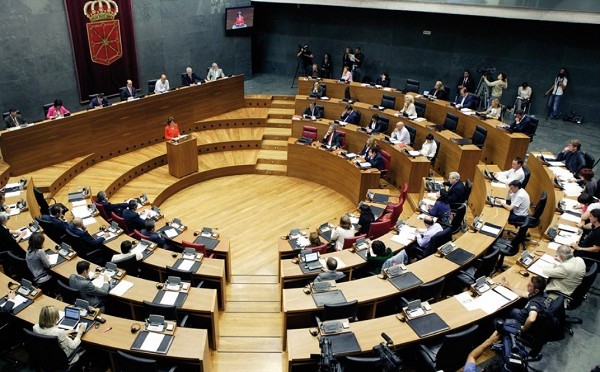
Parliament of Navarre Recognizes Armenian Genocide
(asbarez.com) PAMPLONA, Spain—The parliament of Spain’s autonomous community of Navarre adopted a measure on Monday recognizing the Armenian Genocide. The measure came after a series of visits by members of the Navarre parliament to Armenia and Artsakh. Navarre lies in the north of Spain and has a sizable population of Basque speakers. The declaration, adopted…
-
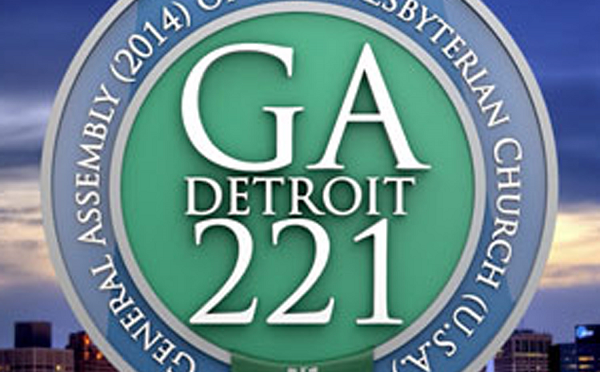
Presbyterian Church Adopts Resolution on Armenian Genocide Centennial
DETROIT—On Friday, June 20, some 600 commissioners to the 221st General Assembly of the Presbyterian Church (USA), meeting in Detroit, Mich., adopted with near unanimity a resolution recognizing the Armenian Genocide and adopting the 2015 church calendar designating April 26 as the day for its observance. It also directed the church’s Mission Agency to prepare…
-
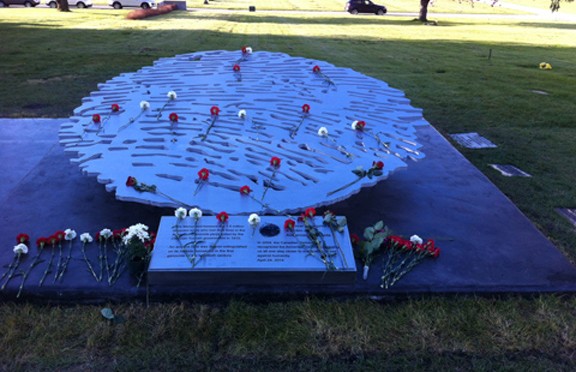
New Genocide Monument Unveiled in Vancouver
VANCOUVER (Horizon Weekly)—During the commemoration of the 99th anniversary of the Armenian Genocide a new monument dedicated to its victims was unveiled in the middle of Vancouver. The stainless steel monument, which is shaped like a fingerprint of a survivor, pays homage to the 1.5 million victims of the Armenian Genocide. More than 350 community…
-
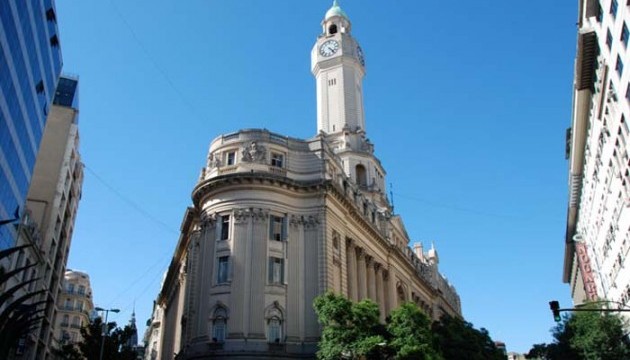
Buenos Aires City Legislature approved two projects on Armenian Genocide
(prensaarmenia.com.ar) The Buenos Ares City Legislature issued on April 3 a statement written by legislators Virginia Gonzalez Gass and Maria Raquel Herrero to commemorate April 24 as the “Day of the First Genocide of the 20th Century”, on the “99th anniversary of the Armenian Genocide.” The Legislature also approved a project submitted by the legislator…
-
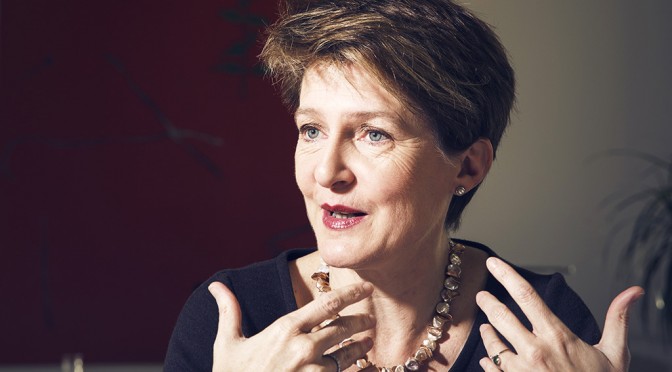
Perinçek: Switzerland requests referral to Grand Chamber
Federal Office of Justice Press Release, FOJ, 11.03.2014 Berne. Switzerland is to request that the European Court of Human Rights have the case of Doğu Perinçek referred to the Grand Chamber for review. The decision was made by the Federal Office of Justice (FoJ). A review would clarify the scope available to the Swiss authorities…
-
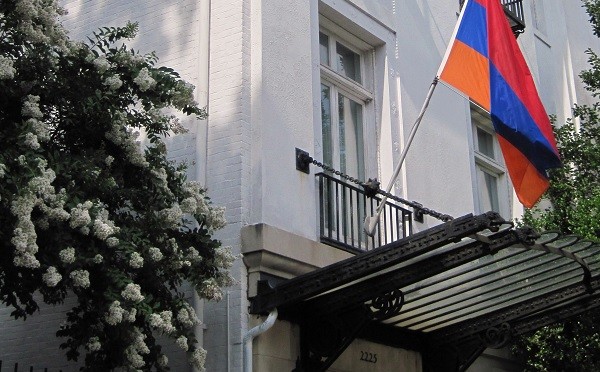
Azerbaijani Distortion of the Events in Khojaly
WASHINGTON, March 3, 2014 — Azerbaijani diplomacy and propaganda continues to mislead the international community and Azerbaijani people by falsifying the essence and the history of the Nagorno-Karabakh conflict and the facts about the Khojaly events in particular. By distorting the Khojaly events, Azerbaijani regime attempts to escape the responsibility for the Armenian massacres in…
-
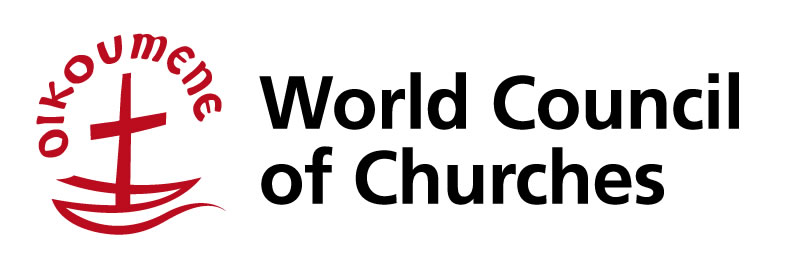
WORLD COUNCIL OF CHURCHES: ECtHR judgement an affront to memory of the victims of Armenian genocide
(horizonweekly.ca) – The World Council of Churches (WCC) has expressed “great concern” over the European Court of Human Rights (ECtHR) judgment in the case of Perinçek v. Switzerland, recalling that the Swiss National Council and the Federal Tribunal in the past have clearly recognized the Armenian genocide as a historical fact. The ECtHR judgment in…
-
Scholars Call for Reexamination of ECHR Judgment on Genocide Denial Case
Highlight ‘Historical and Conceptual Inaccuracies’ in Court Decision BOSTON, Mass. (armenianweekly.com)–Concerned genocide scholars issued an open letter highlighting ”historical and conceptual inaccuracies” in the European Court’s decision on Dogu Perinçek v. Switzerland, and called on the government of Switzerland to request a reexamination of the Court’s judgment. Below is the full text of the letter,…
-
“Belge” Publishes Svazlian’s Book In Turkish
by Alisa Gevorgyan YEREVAN (ArmRadio)—The Turkish-language version of Verzhine Svazlian’s book, Armenian Genocide: Testimonies of Eye-Witness Survivors, has been published by Begle publishing house, headed by Ragip Zarakolu. The Turkish publisher was in Yerevan Tuesday to participate in the book’s Turkish-language release. The Armenian and English publications of the book were released earlier. The book…